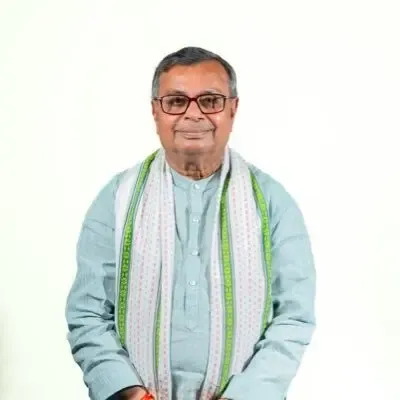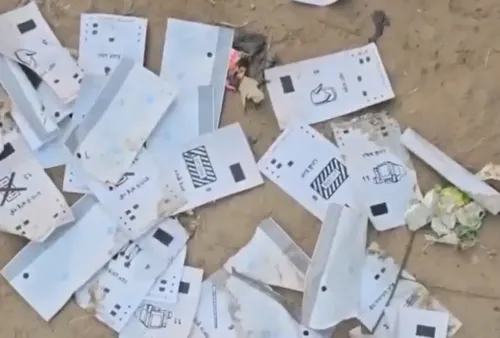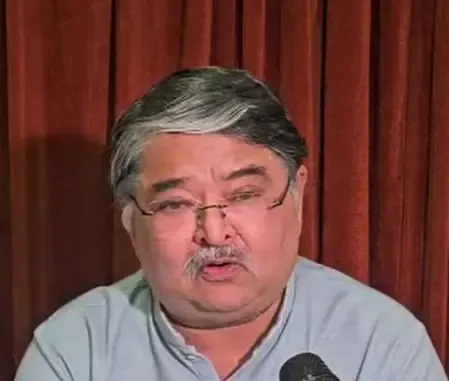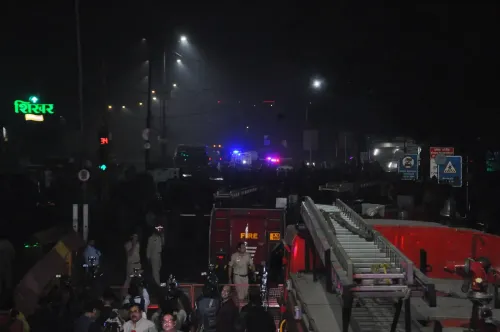What Urgent Actions Did Madras HC Order to Remove Non-Consensual Videos of a Woman Advocate?
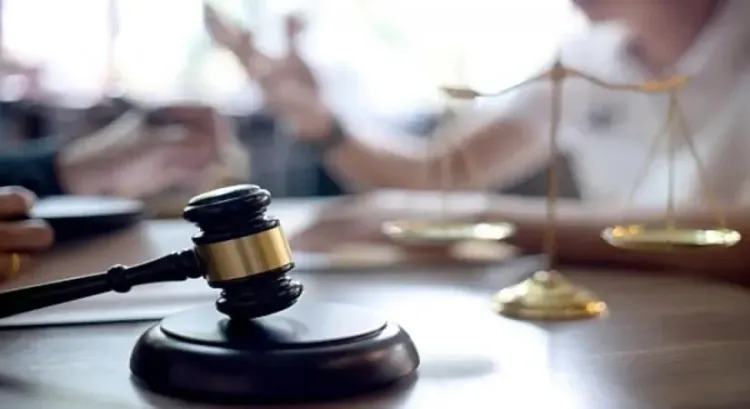
Synopsis
Key Takeaways
- Madras High Court calls for urgent action against non-consensual content.
- Emphasizes the protection of women's dignity.
- Technological solutions like AI and hash matching suggested for content removal.
- Highlights the plight of silent victims lacking support.
- Calls for systemic changes in digital abuse prevention.
Chennai, July 9 (NationPress) In a powerful and emotionally charged ruling, the Madras High Court has instructed the Union Ministry of Electronics and Information Technology (MeitY) to urgently identify, eliminate, and prevent the dissemination of private videos and images of a woman advocate that were captured without her consent and have been extensively shared online.
Justice N. Anand Venkatesh mandated that the Centre act within 48 hours and provide a compliance report by July 14. The judge recognized the significant mental distress the woman is experiencing as intimate visuals continue to appear on pornographic websites, private messaging applications, and social media platforms, despite her attempts to have them removed.
“This must come to an end. The dignity of every individual must be respected,” the judge remarked, visibly moved during the session, even pausing as he struggled to contain his emotions.
“I couldn’t help but think - what if this woman lawyer had been my daughter?” he expressed.
The case originated from a petition filed by the woman advocate, who detailed in her affidavit her romantic relationship with a man during her college years. Trusting him, she shared personal moments under the impression of a future marriage, unaware that he was clandestinely recording their encounters.
The issue surfaced only when the videos were posted online and circulated widely. She filed a police complaint on April 1 against both the man and a WhatsApp group administrator involved in distributing the videos.
On June 18, she reached out to MeitY, requesting it to instruct all intermediaries—including websites, telecom operators, and pornographic platforms—to employ advanced technologies like hash matching, PhotoDNA, and AI-driven content detection tools to eliminate the harmful content. However, with no action taken, she escalated the matter to the High Court.
Senior counsel Abudu Kumar Rajarathinam, representing the petitioner, condemned the Ministry’s inaction, highlighting that previous court orders in similar circumstances, including one from Justice Subramonium Prasad of the Delhi High Court in April 2023, had not spurred any urgency within the Ministry.
“We have inadvertently created dangerous entities in the form of the internet and social media without implementing protective measures for women,” he contended.
The counsel also urged the Court to direct the Tamil Nadu police to collaborate closely with MeitY for the prompt removal of such content following a complaint.
In response, Justice Venkatesh took a decisive approach, issuing suo motu directions to include the Director General of Police/Head of the Police Force as a respondent to the petition.
The judge underscored the responsibility of the State and constitutional courts to safeguard the fundamental right to dignity, especially for women who frequently confront stigma, harassment, and secondary victimization in such situations.
Justice Venkatesh remarked that the woman's profession as a lawyer provided her with a support system and the fortitude to fight back, but he questioned the fate of the countless other victims who suffer in silence, lacking legal knowledge or institutional support.
“Fortunately, she is in this profession and has all of us here. What happens to the silent sufferers who cannot muster the courage to fight?” he pondered.
The judge expressed a desire to meet the petitioner privately in his chambers to offer her encouragement, stating, “I need to prepare myself to ensure I remain composed during our conversation.”
The High Court has kept the writ petition pending, indicating that further directives will be issued to all parties to ensure systemic measures are established to prevent such digital abuse in the future.

